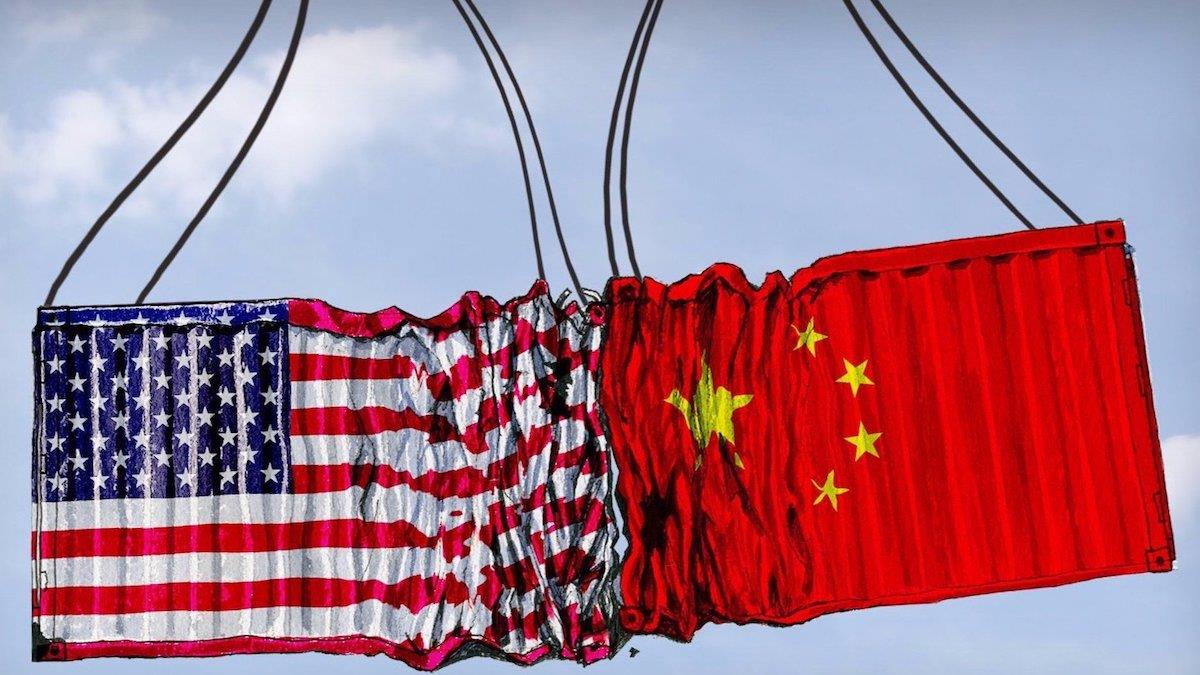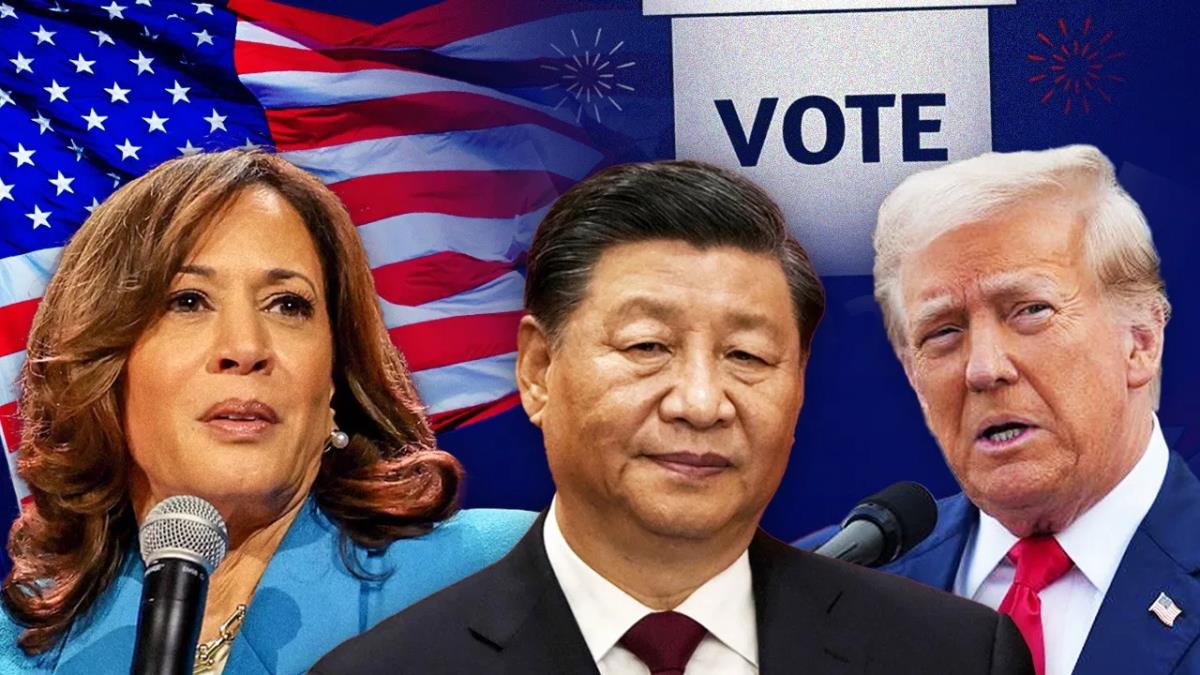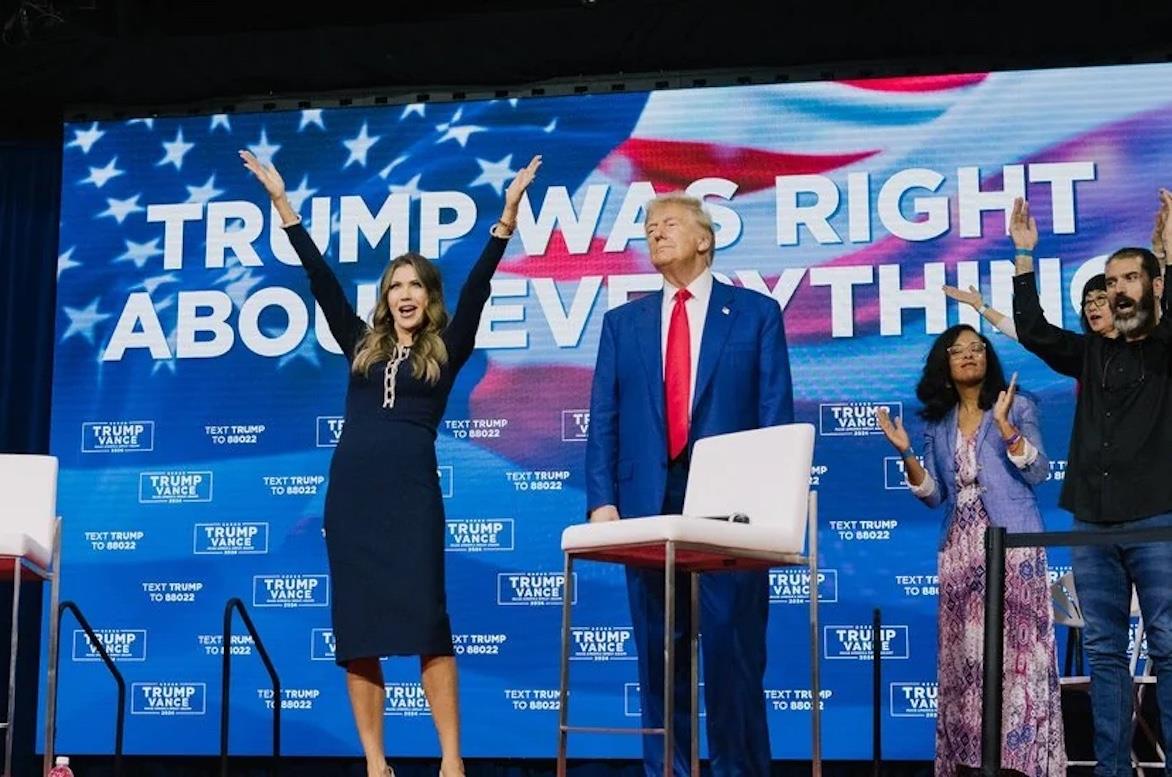
To Challenge China, The Next US President Should Fix Trade
In the September presidential debate, former President Donald Trump and current Vice President Kamala Harris had sharply contrasting views on issues ranging from energy to immigration to policy toward China and the Middle East.
Yet, both agreed that tariffs were useful for US foreign policy.
The debate started with tariffs, and the two candidates went back and forth on the likelihood that the new tariffs would cause inflation. By the end of the debate they returned to their discussion on tariffs, where they disagreed on the sectors where they thought tariffs should be imposed and on which countries should be targeted – but agreed that tariffs are useful.
Regardless of the detrimental consequence of tariffs, including inflation, the candidates emphasized the need to impose them to protect critical sectors and spur domestic manufacturing.
The debate clearly demonstrated the arrival of a new era in the United States, one in which the two parties are recalibrating the balance between national security and economics.
Biden's trade war and Trump'sThe United States has a growing list of grievances about Beijing's mercantilist practices. These
include
- widespread market-access restrictions, from equity caps on investment to regulatory harassment;
pervasive subsidies directed at national champions that tilt the competitive playing field against foreign firms in China and in third markets; and
widespread forced technology transfer and intellectual property theft.
To protect domestic industries vital to national security and incentivize China to change its practices, both the Trump and Biden administrations have imposed tariffs on Chinese products.
In March 2018 President Trump
announced
the administration would impose a 25% tariff on imported steel and a 10% tariff on imported aluminum. Following the announcement, the Trump administration imposed several rounds of tariffs on steel, aluminum, washing machines, solar panels as well as goods specifically from China, impacting more than $380 billion worth of trade at the time of implementation and amounting to a tax increase of nearly $80 billion.
President Biden said in a 2019 speech:“President Trump may think he's being tough on China, but all he has delivered is more pain for American farmers, manufacturers, and consumers.”
Yet, the Biden administration has largely upheld existing tariffs, with some exceptions. These include
suspending
certain tariffs on European Union imports, replacing tariffs with tariff-rate quotas (TRQs) on steel and aluminum from the EU and UK, as well as steel from Japan, and allowing tariffs on washing machines to expire after a two-year extension.

Legal Disclaimer:
MENAFN provides the
information “as is” without warranty of any kind. We do not accept
any responsibility or liability for the accuracy, content, images,
videos, licenses, completeness, legality, or reliability of the information
contained in this article. If you have any complaints or copyright
issues related to this article, kindly contact the provider above.





















Comments
No comment